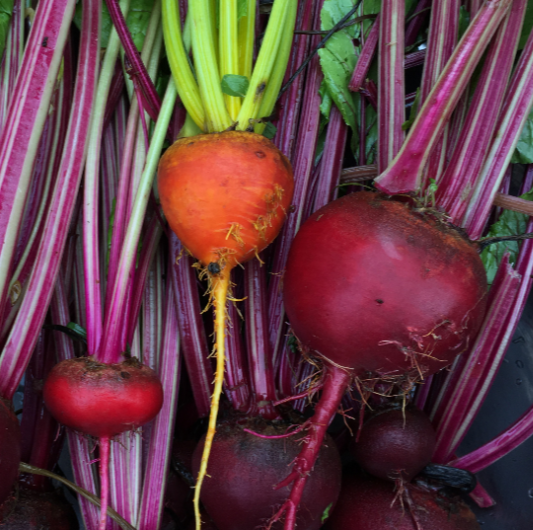Tips For Traveling with Food Allergies, Sensitivities, and Intolerances
We just recently had our first vacation away from home since the beginning of the pandemic. We had a blast in the mountains on our glamping trip this past week and got some much needed R & R. Since we have varied food allergies and sensitivities in our family, there was prep that needed to be done on our part to make sure we had our 'safe foods’ and to ensure our trip was a safe and stress-free one. Traveling with a special diet and chronic conditions is no joke! Here are some tips that I and my family have practiced for over a decade. It takes some planning but the peace of mind is priceless.
1. Bring hard to find and ready to eat staples and snacks with you. This helps in situations when you may need to pack a quick lunch or snack for an outing that can curb your appetite until to you get back to your hotel or other accommodations. We made sure to bring Bfree bread items and Enjoy life snacks, as well as, our Udi's bread and nitrate free breakfast and lunch meats. Because we drove, packing things in a cooler helped though it meant packing the car pretty tightly. I also made sure to bring some organic produce. It can sometimes be challenging to find in grocery stores in rural areas.
2. Try to get accommodations that have a kitchen. Being able to come back to your hotel or Airbnb and make a meal or have a quick snack makes a huge difference when traveling and helps to settle your nerves when you aren't sure which restaurants will make accommodations or if there are extra preservatives and hidden ingredients in foods that could cause an uptick in symptoms.
3. Download an allergy-friendly app, such as AllergyEats Mobile app to locate restaurants that have allergy free options or are willing to make accommodations. This really wasn't an option for us since we were in the country. We couldn't risk enjoying our southern comfort foods like fudge because they made everything on the same equipment. They could not guarantee surfaces had been sanitized when inquiring about the plain fudge vs the fudge with nuts, despite it being a popular tourist spot. Thankfully we kept snacks and our Airbnb was just a few minutes away.
4. Research before hand the nearest grocery stores and call ahead, if you can, or check online to make sure they have your staples on hand. Be ready to make substitutions and get creative with meals if items aren't available. Also, research the nearest hospital just in case you have a immediate reaction to foods. Being home the hospital is just a few minutes away but where we traveled, it was a whole 30 minutes.
5. Captain Obvious! Most folks with our issues know to bring our EpiPen and other allergy meds and read labels CAREFULLY but sometimes on a break or on vacation, its natural for us to just want to try new things. Always ask questions about ingredients and read labels. Most chain restaurants have a booklet with nutritional information of all their menu items. Don't be too shy to inquire.
6: Enjoy yourself! I've had to learn to try not to focus on food too much when I am out and away. Being a foodie, it can be disappointing to not be able to eat what you want when you want. Especially for those of us who've developed food allergies and sensitivities into adulthood. As a kid, teen, and young adult, I ate everythang! And now with kids on special diets and varying food allergies and sensitivities, it just now a way of life. As a result, we don't restrict foods we can eat. We enjoy them to the fullest. I've also learned to enjoy experiences more which makes the extra planning to ensure that we are nourished on our trips less laborious and daunting. I prioritized rest, relaxation, taking in the sights, and spending precious time with my big babies. It was truly delicious!! Happy Summer!
To learn more about food allergies, sensitivities and intolerances check out my ebook: YOUR ULTIMATE GUIDE TO ALLERGENS, INTOLERANCES, AND DIGESTIVE DISEASES




